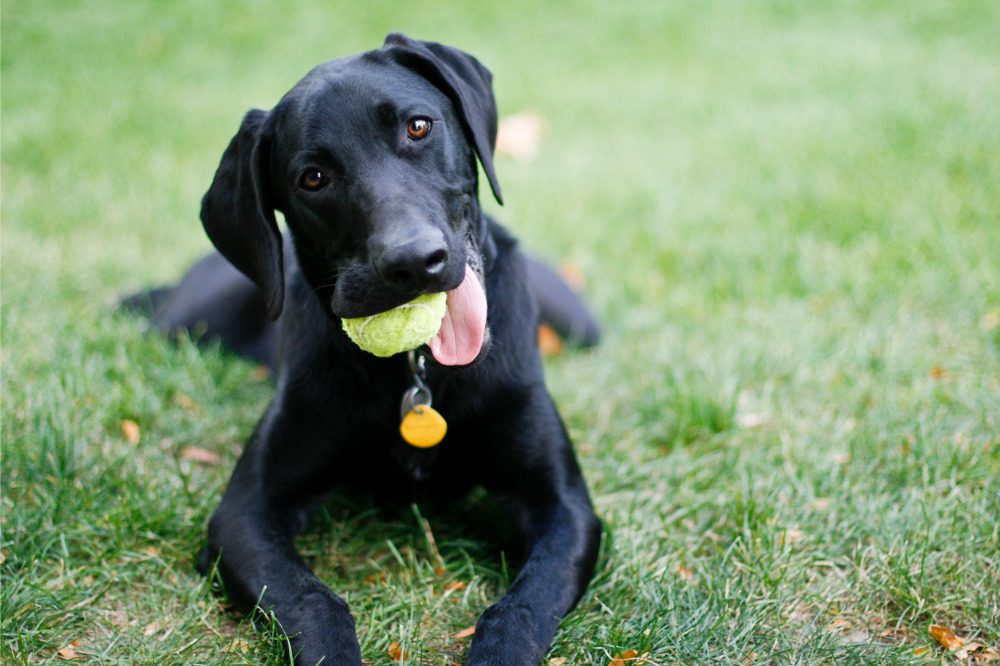Pet owners urged to keep dogs safe from Easter treats

SCPI covered the claims of 288 dogs last year, with one dog requiring a payout of more than $1,600 due to chocolate poisoning. Another dog required a payout of $680 dollars after ingesting some sultanas.
The dangers of Easter treats
The theobromine and caffeine in chocolate are dangerous in dogs due to their inability to properly metabolise these chemicals. While ingesting small amounts of chocolate isn’t immediately life-threatening, owners should be wary of baking chocolate or dark chocolate because they contain more theobromine.
Raisins, currants, and sultanas, which are common ingredients in hot cross buns, are similarly toxic in dogs, potentially causing kidney failure.
“Labradors are famously food-centric and are harder to deter, but our records show victims ranged from shih-tzus and Jack Russells through to staffies, whippets and schnauzers,” said Kerry Murray, SCPI vet relationship manager and former veterinary nurse. “If it smells great to you, it’s delicious (but dangerous) to dogs.”
First aid for dogs
Common symptoms of chocolate poisoning include vomiting, panting or rapid breathing, and a rapid heart rate. These may evolve to graver symptoms such as muscle tension and seizures.
“If you do suspect your dog has eaten chocolate this Easter, make sure to take them to the vet straight away,” Murray said. “Your vet will want to know when your dog ate the chocolate, as well as how much and what type, so bring the chocolate wrapper with you, if possible.”
Signs of raisin and sultana toxicity, meanwhile, include vomiting, diarrhea, lethargy, and a lack of appetite.
Treatment for both conditions require dogs to be given medication to induce vomiting. Some dogs may also be given activated charcoal, which is meant to absorb leftover toxins in the intestine.
Play safe this Easter
As such, SCIP general manager Anthony McPhail emphasizes the importance of keeping Easter treats away from pets’ reach.
“Dogs are famously good at sniffing out the food they shouldn’t be eating, so we’re urging people to stash their Easter goodies – both of the chocolate and hot cross bun variety – in high cupboards,” he said.
“If you’re planning an Easter egg hunt for your family, we’re also recommending pet owners make a note of each treat’s hiding spot and the number of eggs, so dogs don’t discover any chocolate their humans may have left behind. It pays to keep the pooch away from the hunting area too. And, while cats generally aren’t tempted by chocolate due to their inability to detect sweetness, chocolate is also poisonous for our feline friends, so it also pays to be wary of leaving such treats in their vicinity, too.”





